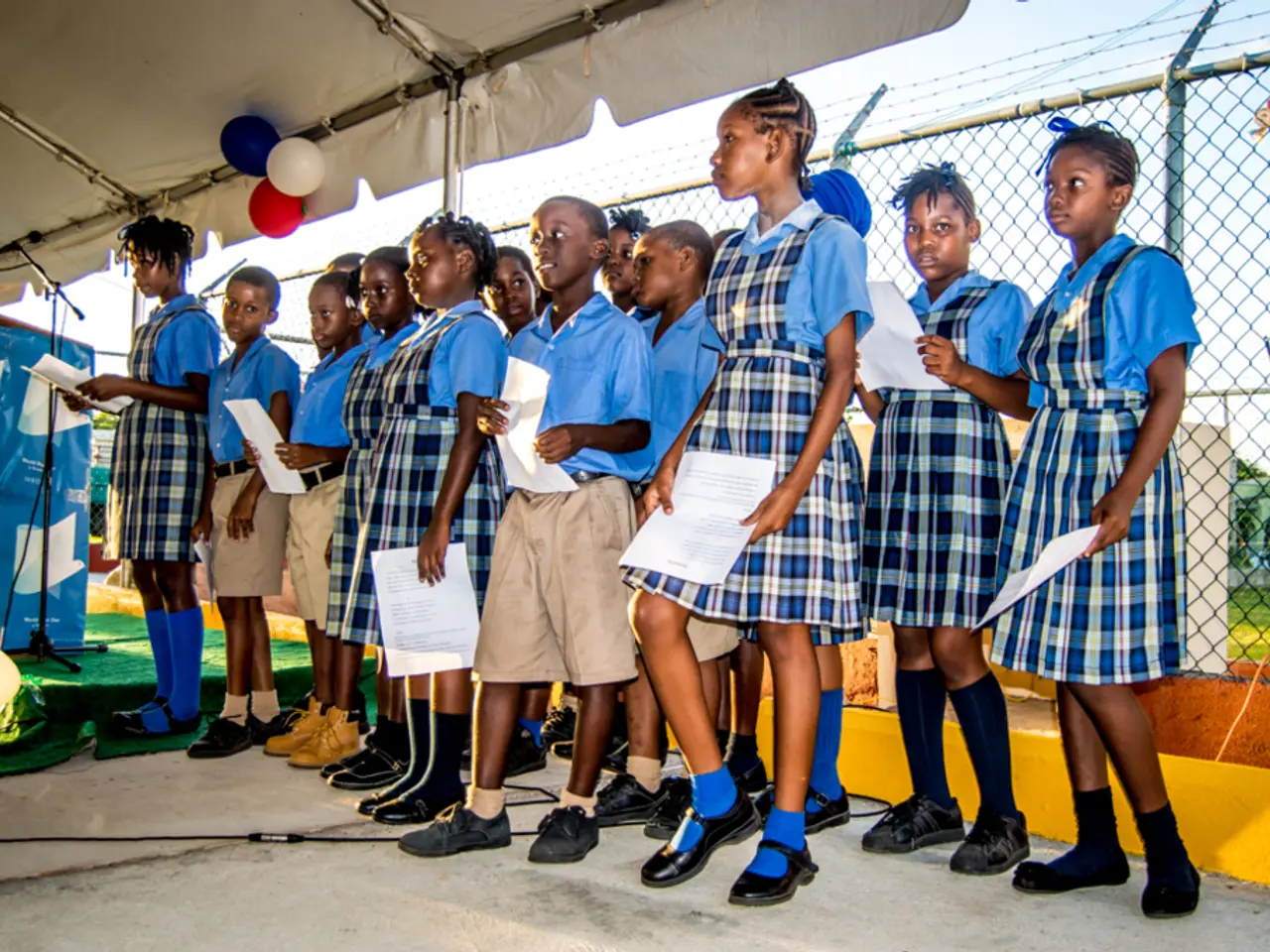Impact of School Peace Initiatives on Family Dialogue
School peace programs are structured activities and lessons taught in schools to promote nonviolent conflict resolution, empathy, and cooperation among students. These initiatives, when implemented thoughtfully and inclusively, offer significant benefits that extend beyond the classroom.
Key benefits of these programs include improved social-emotional skills, better conflict resolution abilities, academic and cognitive advantages, a positive school climate, and extended impact on family dynamics.
Improved Social-Emotional Skills
These programs strengthen empathy, compassion, and positive peer relationships, promoting inclusivity and reducing bullying and truancy. Empathy-building enhances students' ability to understand others' feelings and perspectives, which fosters constructive social interactions.
Better Conflict Resolution Abilities
Students learn practical negotiation and dispute resolution skills, leading to reduced conflicts and improved dialogue in classrooms. This helps establish democratic negotiation habits and collaborative problem-solving from an early age.
Academic and Cognitive Advantages
Social-emotional learning (SEL) connected with empathy and conflict resolution correlates with enhanced academic performance, motivation, emotional regulation, critical thinking, creativity, and problem-solving. Students who regulate emotions well persist longer and have realistic academic goals.
Positive School Climate and Culture
Schools with these programs often have safer, more accepting, and supportive environments where students feel a strong sense of belonging. This improves overall school climate by reducing disciplinary issues and promoting positive behaviors.
Extended Impact Beyond School
Peace and conflict resolution programs have been shown to positively influence family communication as well, nurturing understanding both at school and at home.
Long-term Effects
The development of lifelong social skills such as empathy, cooperation, and responsible behavior is critical for success both professionally and personally. These programs also promote equitable and objective disciplinary practices through culturally sensitive, trauma-informed approaches led by school counselors and educators.
Moreover, students trained in conflict resolution and empathy are more likely to contribute to peaceful and inclusive communities in the future.
It's essential to ensure that the focus of school peace programs is not only on discipline or rules, but also on addressing deeper issues like cultural misunderstandings. School peace programs often adapt to local cultural and community needs, such as early implementation in South Africa and community outreach.
Parents are encouraged to be involved through workshops and collaboration with schools, strengthening the impact of what children learn at school. When students learn how to express their feelings and listen to others, it often leads to better conversations and fewer conflicts with family members.
Incorporating conflict resolution and empathy-building programs in school curriculums leads to healthier social environments, better academic outcomes, and the cultivation of essential life skills that benefit students, schools, families, and communities in the long run.
- Effective communication and understanding within the family dynamics are enhanced as peace and conflict resolution programs nurture empathy and listening skills in students, leading to fewer conflicts at home.
- Pursuing lifelong personal growth by learning essential life skills like empathy, cooperation, and conflict resolution can result in professional success, as well as meaningful contributions to peaceful and inclusive communities in the future.
- School peace programs aimed at education and self-development extend their impact beyond the classroom, supporting the cultivation of a strong, harmonious, and learning-oriented family environment.




